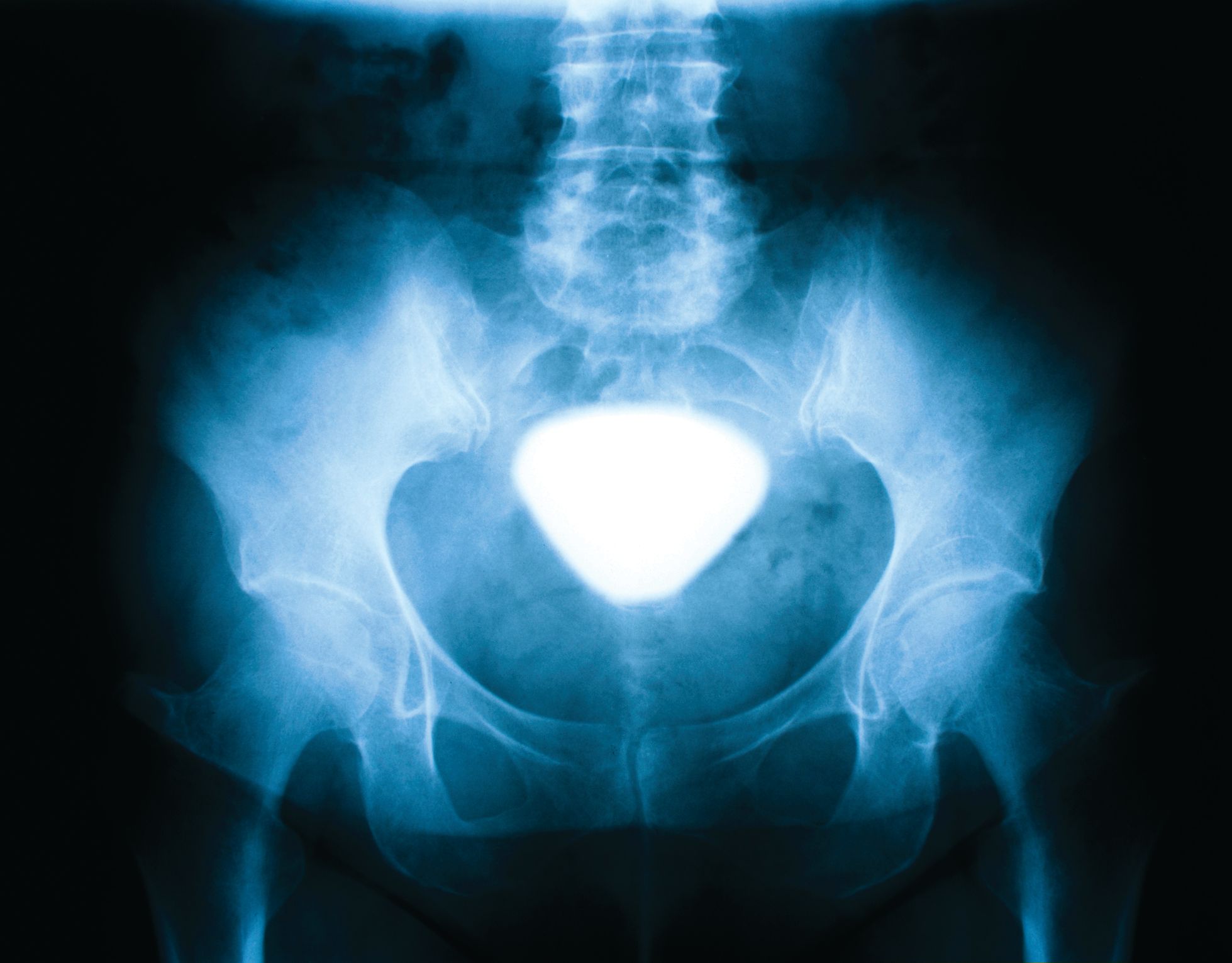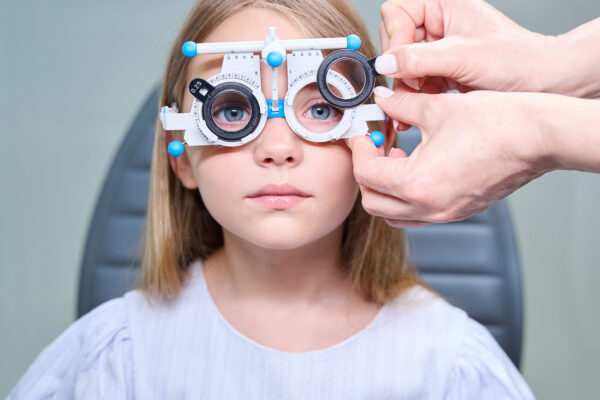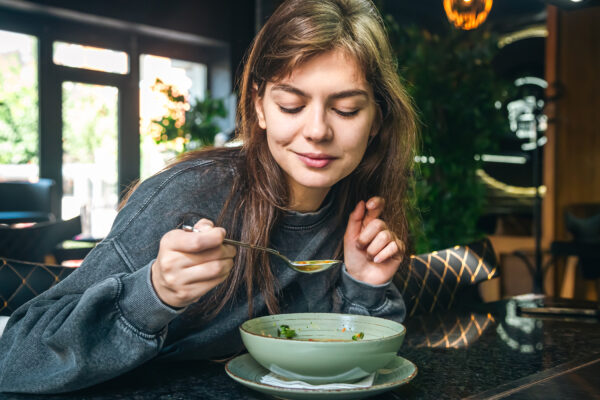How to Have Better Bones
A Holistic Approach
By Joel Thuna
Bones play multiple vital roles in your body, chiefly providing structure and protecting your organs. However, as we age, (women particularly, during and after menopause), our bone mass and bone strength begins to deteriorate, leading to multiple health issues including, but not limited to, osteoporosis.
The amount of bone tissue in the skeleton, known as bone mass, can keep growing until your late 20s. At that point, bones have reached their maximum strength and density. You achieved approximately 90% of your maximum bone mass by age 18 if you are a woman and by age 20 if you are a man.
Men have greater bone density than women and this difference increases as we age. When women reach late 30s and men early 40s, bone density starts to decline and this trend persists throughout life. But in the first few years after menopause, most women go through rapid bone loss. Throughout your life your bones are constantly being rebuilt. You have 2 types of specialized cells; one type that breaks down old bone and another type that builds up new bone. This process is called remodelling.
When we are young, the building outpaces the breaking down. As we age, that trend slowly reverses until it gets to the point where breaking down significantly outpaces building up. This is when bone density and strength decline. However, it’s never too late to start thinking about what you can do to keep your bones, joints and muscles strong. As always it is not one massive change but multiple smaller changes that can lead to big results.
What You Eat:
What you eat and drink play a critical role in your bone health. Your bone requires many nutrients to develop and remain healthy, including calcium; phosphorus; zinc; manganese; copper; vitamins D, K, C, and A; and protein. During growth, it is especially important for people to take in enough calcium to build as high a peak bone mass as is genetically possible.
Researchers have found that a strict vegan diet has a significantly higher risk of broken bones, particularly hip fractures. They attribute this to reduced intake of calcium, protein, vitamin D and B12 found on vegetarian and vegan diets. However, this effect can be mitigated by proper supplementation.
Try having a diet filled with a variety of vitamin, mineral and antioxidant-rich fresh fruits and vegetables, especially leafy green vegetables. Eat protein from various sources; seitan, tofu, tempeh, lentils, edamame, chickpeas, beans, nutritional yeast, etc. Don’t stick to your 1 or 2 favourites. Mix it up.
It’s not only what you eat that impacts bone health, but what you drink as well. Studies have shown that carbonated drinks and even flavoured waters, cause us to lose calcium, owing to their high levels of phosphorus. Keep it simple, drink plain or chlorophyll-infused water.
How You behave:
We all know that there are certain habits that, in general, are bad for our health. The big ones are smoking and drinking. We know that smoking is particularly bad for your lungs and drinking is particularly bad for your liver. But did you know that they are both particularly bad for your bones?
Many studies have shown a link between tobacco use and decreased bone health. Heavy smoking has long been associated with greater risk for osteoporosis, a higher incidence of bone fractures, lower bone density, fewer teeth, a dramatic decrease in the mineralization of bones in the hip, hand, forearm, and heel; decreased bone healing, and a decrease in new bone formation.
Research with pre-menopausal female twins revealed that smokers had markedly lower bone densities than did their nonsmoking twins. Among postmenopausal women, smokers lose cortical bone about 50 percent faster than do nonsmokers.
“Both human and animal studies clearly demonstrate that alcohol consumption compromises bone health and increases the risk of osteoporosis. In particular, heavy alcohol use decreases bone density and weakens bones’ mechanical properties. These effects are particularly striking in young people, but chronic alcohol use in adulthood can also harm bone health. Further, animal studies suggest that bones do not overcome the damaging effects of early chronic alcohol exposure, even when alcohol use is discontinued.”
De-stress
Chronic stress takes a huge toll on our overall health, but it’s also bad for your bones. Levels of cortisol, your body’s main stress hormone, rise with stress. As cortisol rises, your fracture risk increases. Stress is inevitable, but try keeping it in check with exercise, yoga, meditation and (when we can) socializing.
Exercise
Regular exercise has many health benefits, one of which is bone health. Both Cardiovascular exercise (cardio) and strength training benefit your bones. However, if you have bone health, cardiovascular or muscle issues or concerns, you should work with your doctor to set up a customized exercise routine for you that can help you achieve your goals without adding risk.
Supplements
Calcium & Potassium
Calcium is the main mineral in our bones, but it is not the only mineral for bone health. Potassium is also important. Potassium can neutralize acid load, reducing calcium loss from your bones, leading to beneficial effects on bone density.
Vitamin D & K2
These two vitamins work together to help calcium do its job. Vitamin D increases the amount of calcium absorbed into your body from your food and supplements. Vitamin K2 (particularly the MK-7 form) moves calcium from your bloodstream (where you don’t want it) into your bones (where you do want it). Ideally you want to take these two vitamins together as they complement each other and work together so well.
Magnesium
Magnesium is an interesting mineral when it comes to your bones. Magnesium helps to activate vitamin D (which improves calcium absorption). However in the gut, calcium and magnesium intakes inversely influence each other’s absorption; a high calcium intake may decrease magnesium absorption, and a low magnesium intake may increase calcium absorption. The key here is balance, ensure you have adequate magnesium without going overboard. Health Canada recommends an upper daily dose of 500mg for adults.
Vitamin C
This immune hero has two vital roles in bone health. Vitamin C stimulates the cells that create new bone as part of bone remineralization. By increasing their activity, they produce more bone tissue, improving bone strength. Additionally, Vitamin C increases your body’s synthesis of collagen. Collagen is a type of connective protein that makes up almost 1/3 of bone and gives them flexibility. It is the combination of minerals and collagen that are found in healthy bones.
Protein
Protein is an important nutrient for bone health and in the prevention of osteoporosis. It gives bone its strength and flexibility and is also a big component of muscles, which are, of course, crucial for mobility and in preventing falls. Getting sufficient quality protein along with calcium daily, increases bone mass and reduces risk of fractures. Adults with limited protein intake (most seniors) are at high risk for bone loss and fractures. As always, little lifestyle changes combined with exercise, eating well and smart supplementation are your best health options.
Joel Thuna, MH, is a master herbalist with over 30 years of experience.




